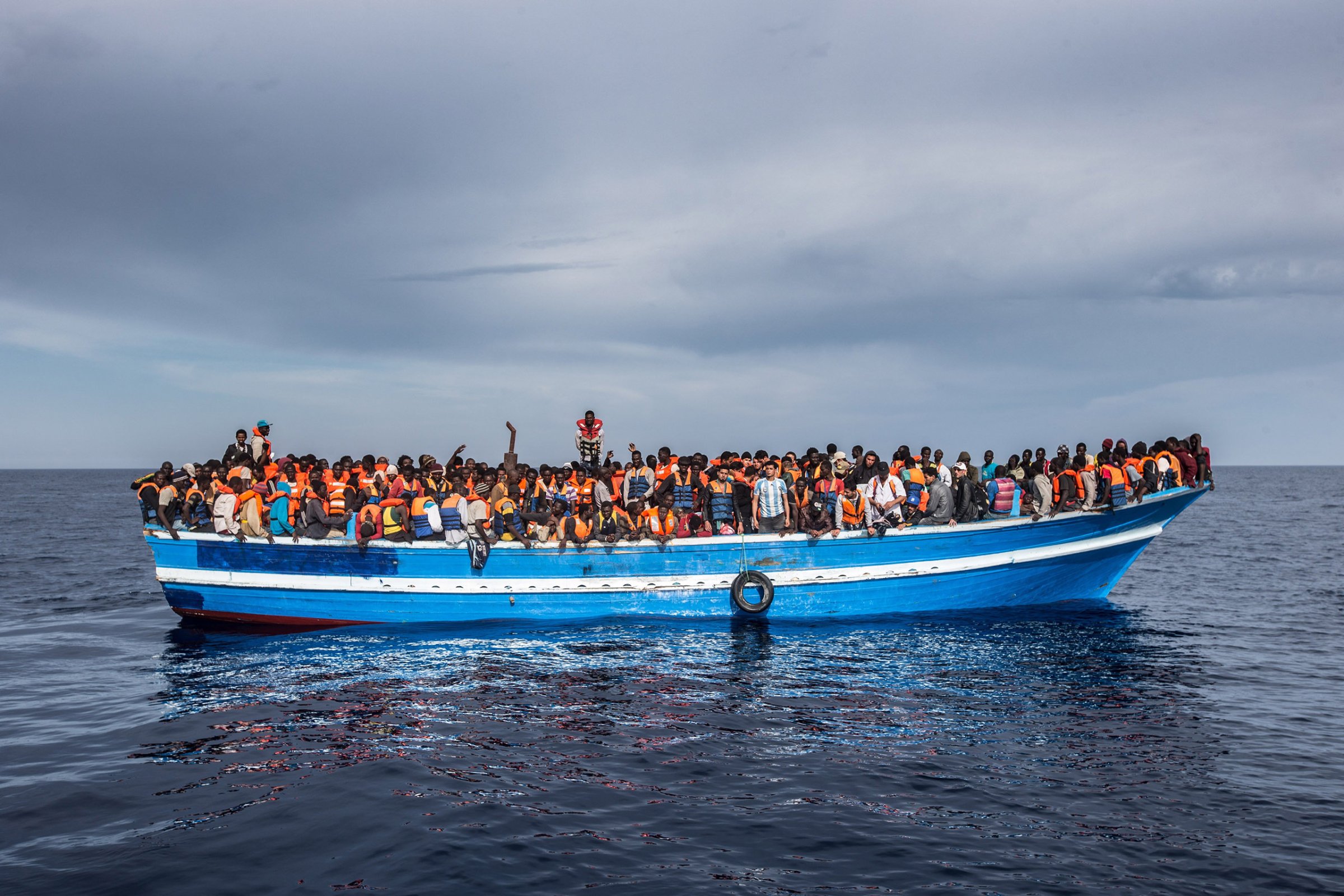
In the aftermath of the drowning on Oct. 3, 2013, of over 360 migrants off the coast of Italy’s Lampedusa island, the Italian navy initiated a search-and-rescue operation it named Mare Nostrum. In the year that followed the tragedy, Italian sailors rescued more than 100,000 migrants and refugees trying to cross the Mediterranean in unsafe boats.
But Italy’s repeated pleas for more financial assistance for the program from the E.U.’s 27 other member states have largely been ignored, and the Italian government is now winding down Mare Nostrum, saying Italy has done its duty.
As the Italian operation approaches its end, the E.U. this month has begun a separate maritime effort, called Operation Triton. But the E.U.’s initiative is not just belated—coming 13 months after the Lampedusa tragedy—it’s so limited as to be an embarrassment to the humanitarian traditions and ethos of the E.U.
Triton’s geographic scope is confined to a limited stretch of the sea 30 nautical miles off the coast of Italy. That potentially leaves migrants and refugees in overcrowded boats to drown should their vessels capsize outside that small zone as they try to cross from North Africa in search of safety and a better life.
The operation has less than a third of Mare Nostrum’s budget. Another key difference: Triton is focused on border surveillance rather than search and rescue. Human-rights organizations say its limited scale will result in an increase in the deaths of migrants.
The International Organization for Migration says the route to Europe from North Africa is by far the most dangerous in the world for migrants. Of the 4,077 migrants who died worldwide in the first nine months of this year, 75% of them have died crossing the Mediterranean.
Increasing instability across the Middle East and parts of Africa is pushing these numbers up. The E.U.’s border agency Frontex detected 68,589 people illegally entering the continent from April to June this year, up from 24,810 in the same period last year. The absence of a functioning government in Libya has meant the smuggling gangs that organize many of the dangerous journeys operate largely unmolested as they load increasing numbers of migrants into boats not fit for the crossing.
Europe should be doing everything it can to make it easier and safer for refugees and migrants to enter the continent. There are more than enough entry-level jobs for the newcomers in Europe on construction sites, in restaurants and in care facilities for the sick and elderly. And rehousing a few hundred thousand more refugees would make little economic impact on the E.U.’s population of 500 million.
There are very few politicians willing to publicly admit any of this. Migration is a toxic issue for most governments as they struggle with slow economic growth and the rise of anti-immigration parties. But rather than having the courage to challenge anti-immigrant rhetoric, they take the opposite tack and refuse to fund the search-and-rescue operations that would help save lives.
Just before Triton launched on Nov. 1, a British government minister, Baroness Anelay of St. Johns, said that saving people at sea simply encouraged others to make the journey, a claim immediately contested by organizations working with migrants.
“Not supporting search-and-rescue operations means letting them die,” says François Crépeau, the U.N. special rapporteur on the human rights of migrants. “And if we accept that, we go well beyond the moral boundaries of our political system.”
The poverty, war and persecution that send people on their dangerous journeys toward Europe are unlikely end soon. Millions of Syrian refugees living in overcrowded camps in Turkey, Jordan and Lebanon see little prospect of returning home. Resettlement programs spreading refugees across the richer northern hemisphere have proved successful in the past and need to be implemented now. The E.U. should also establish a system so that would-be economic migrants can apply in their home nations for low-wage jobs in Europe. That would lessen the desperation that pushes people to take to the sea.
It is the E.U.’s reputation as a haven of rights and freedoms that sets people on the path to Europe in first place: the continent needs to start living up to those expectations.
Boat Migrants Risk It All for New Life in Europe
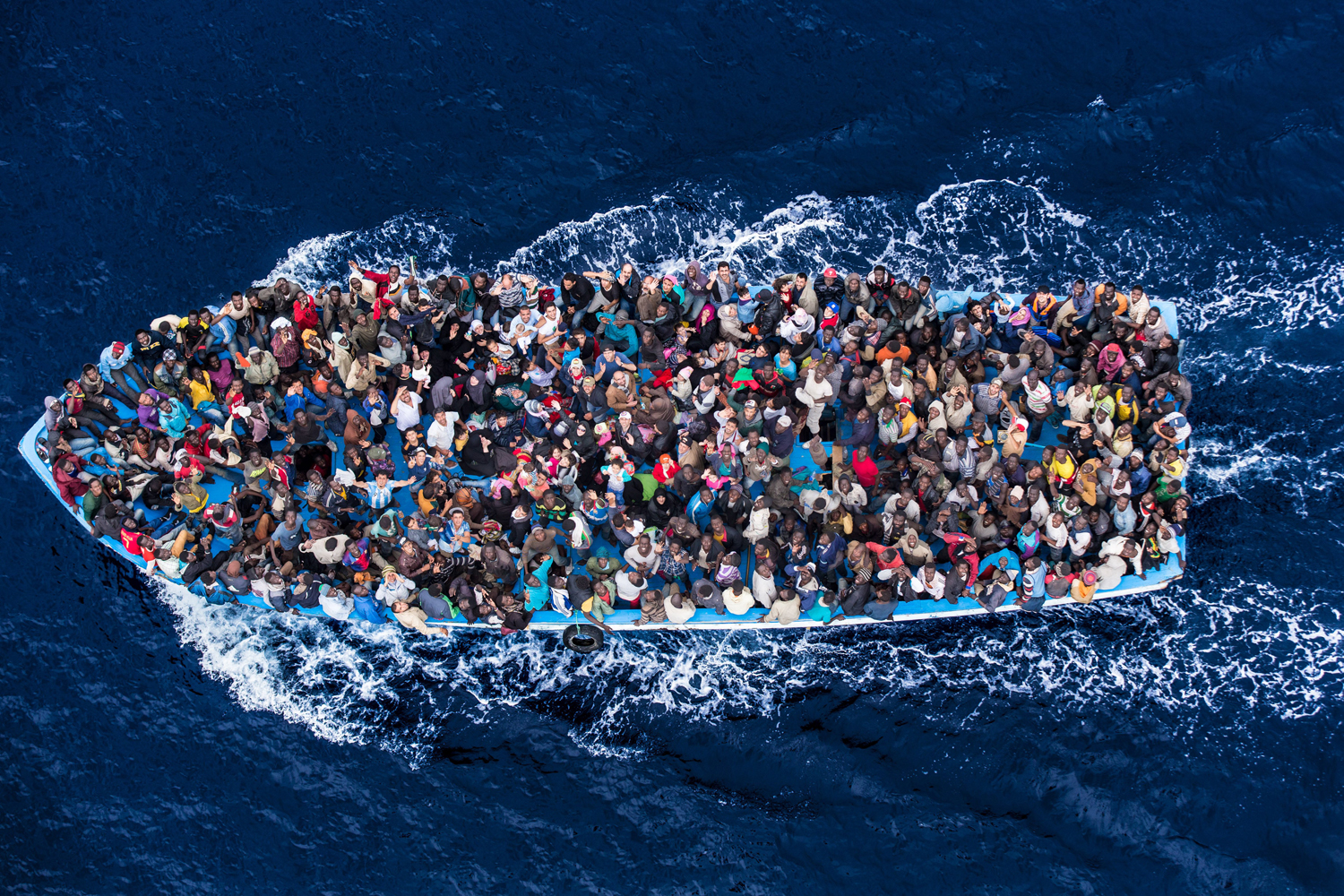
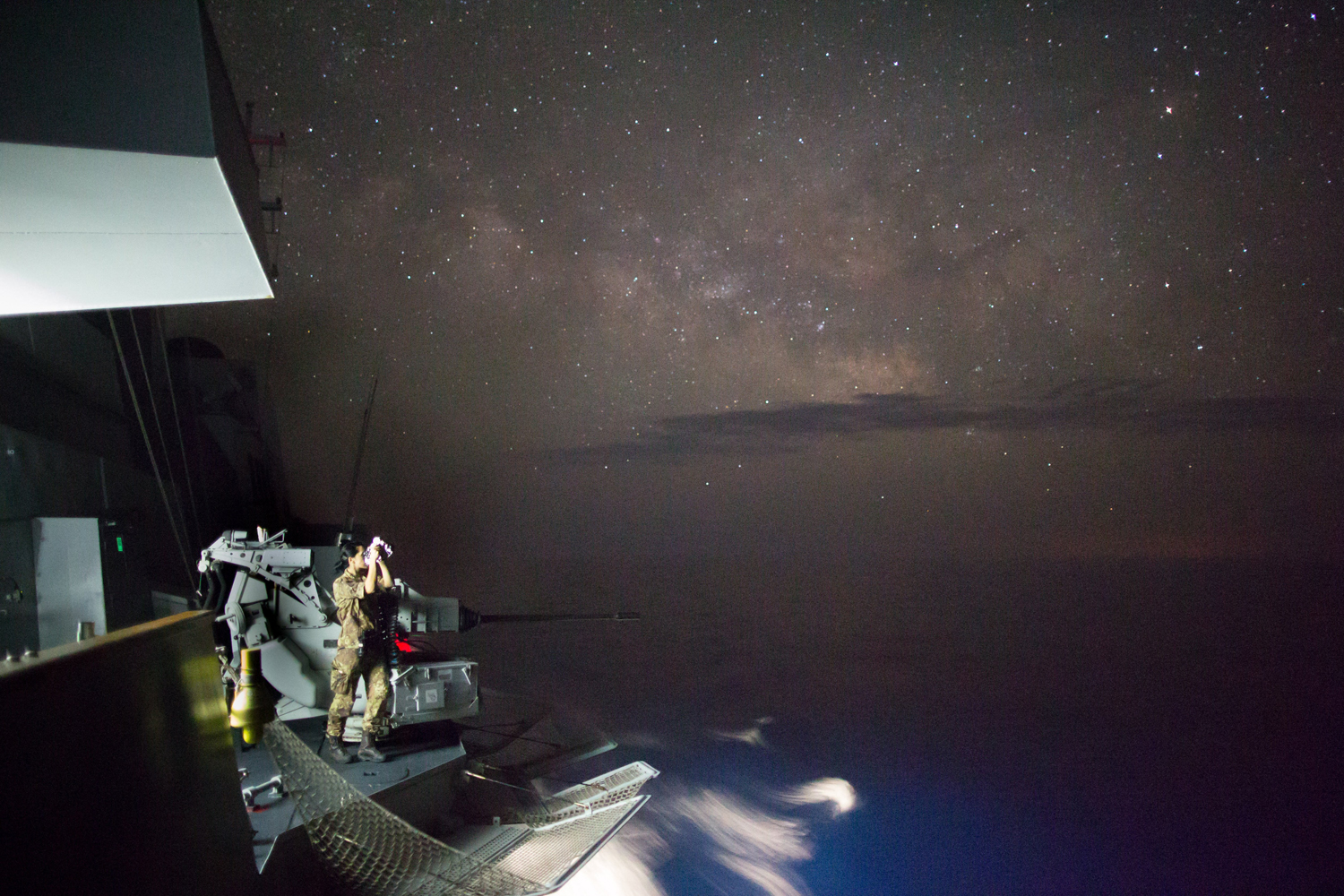
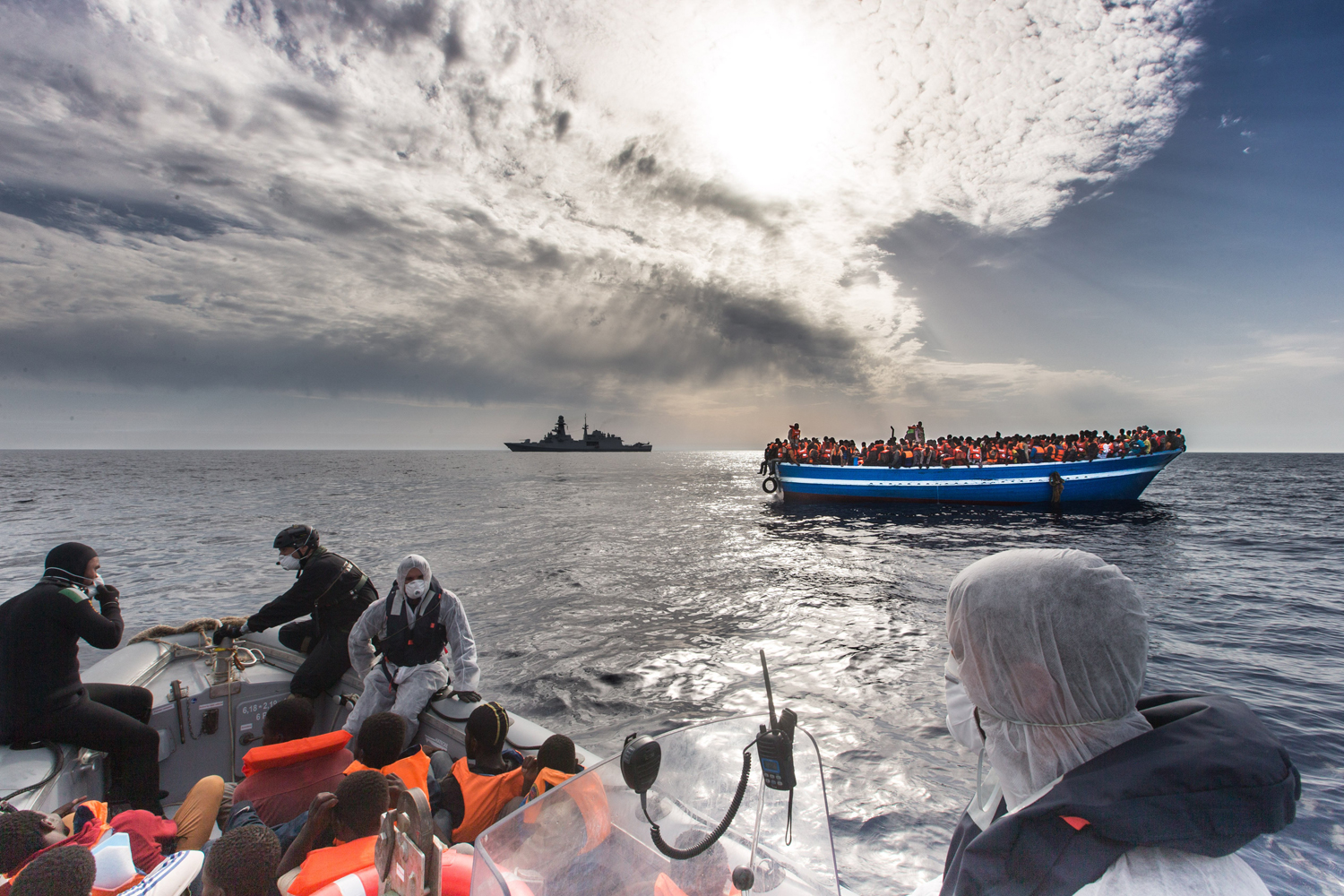
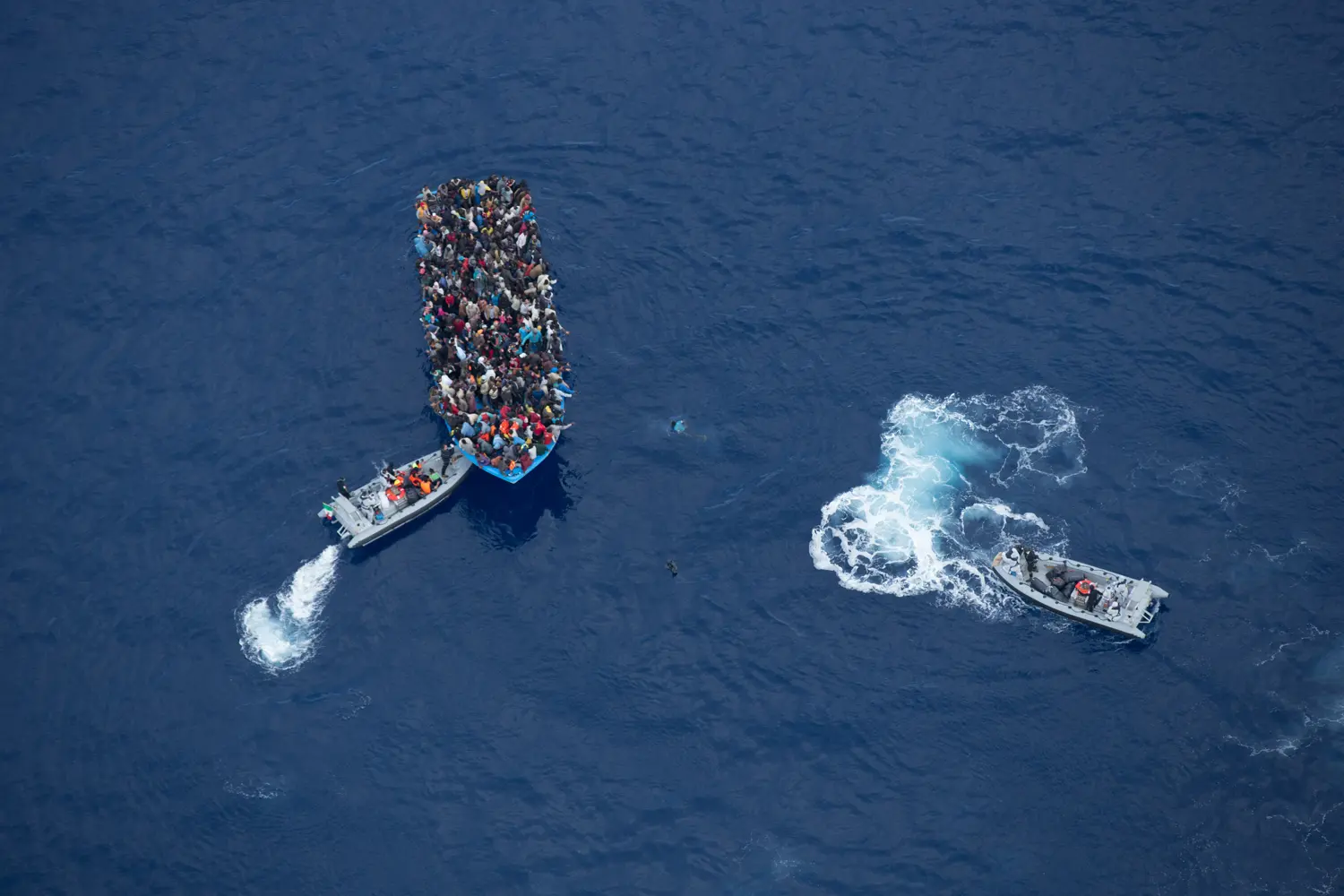
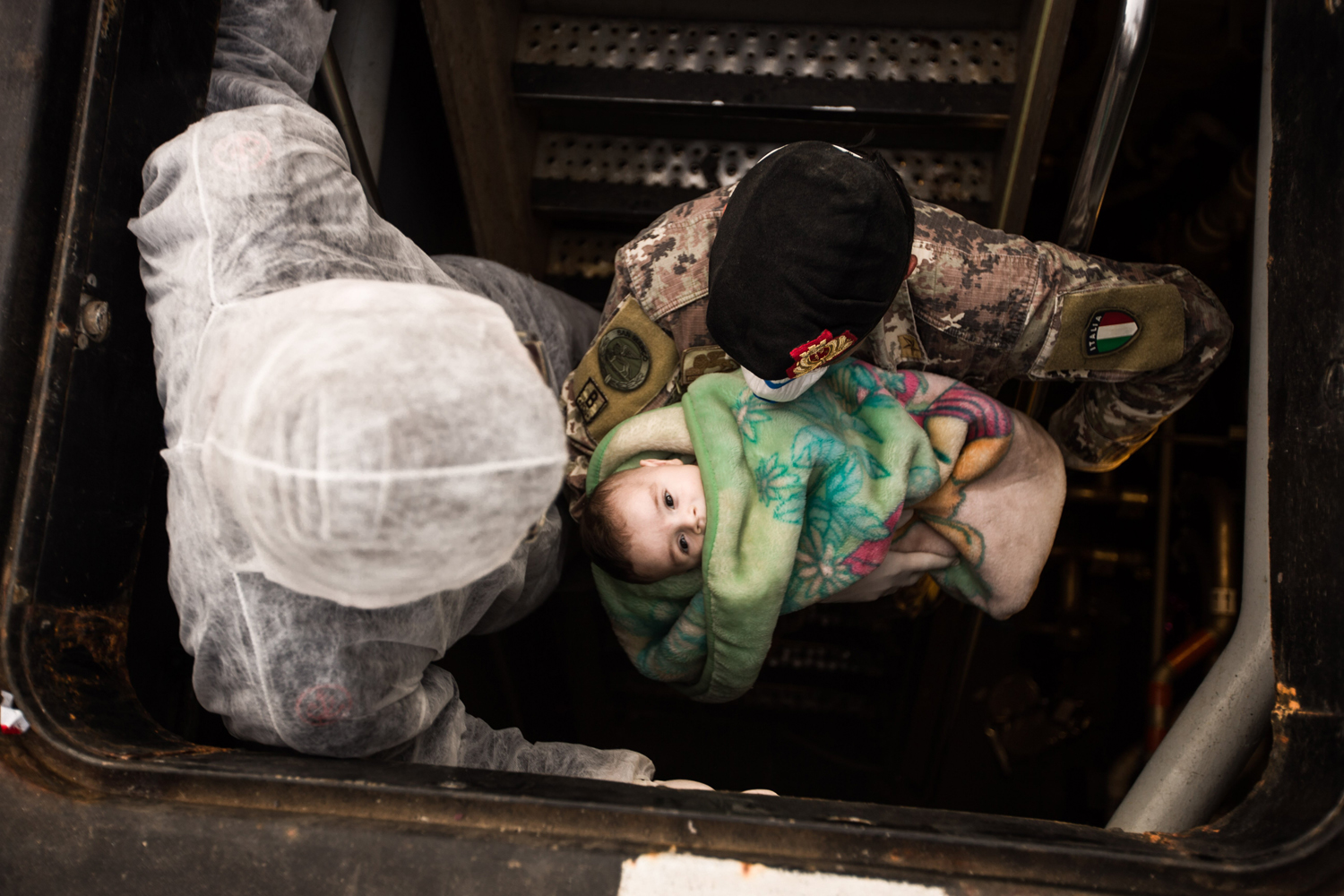
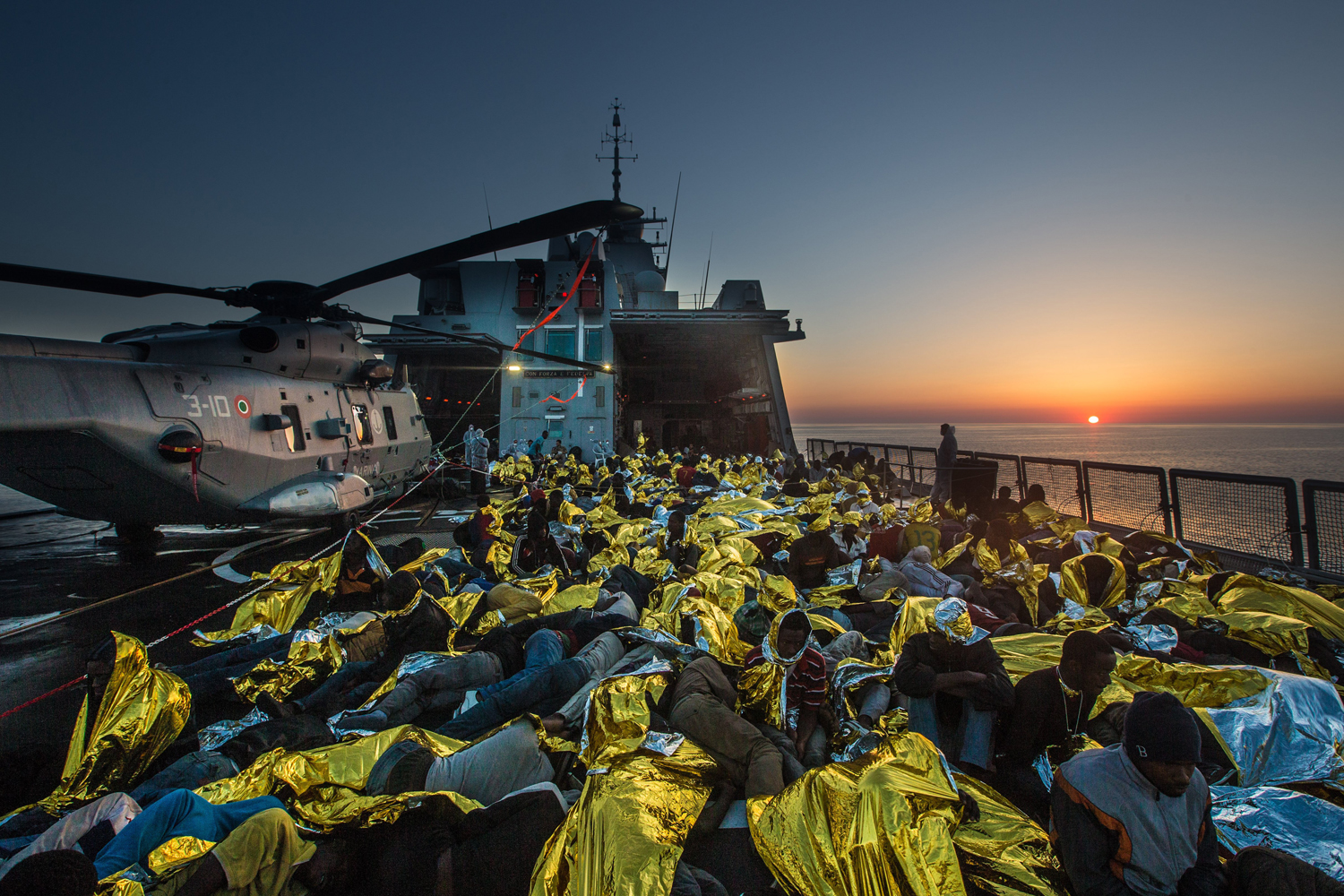
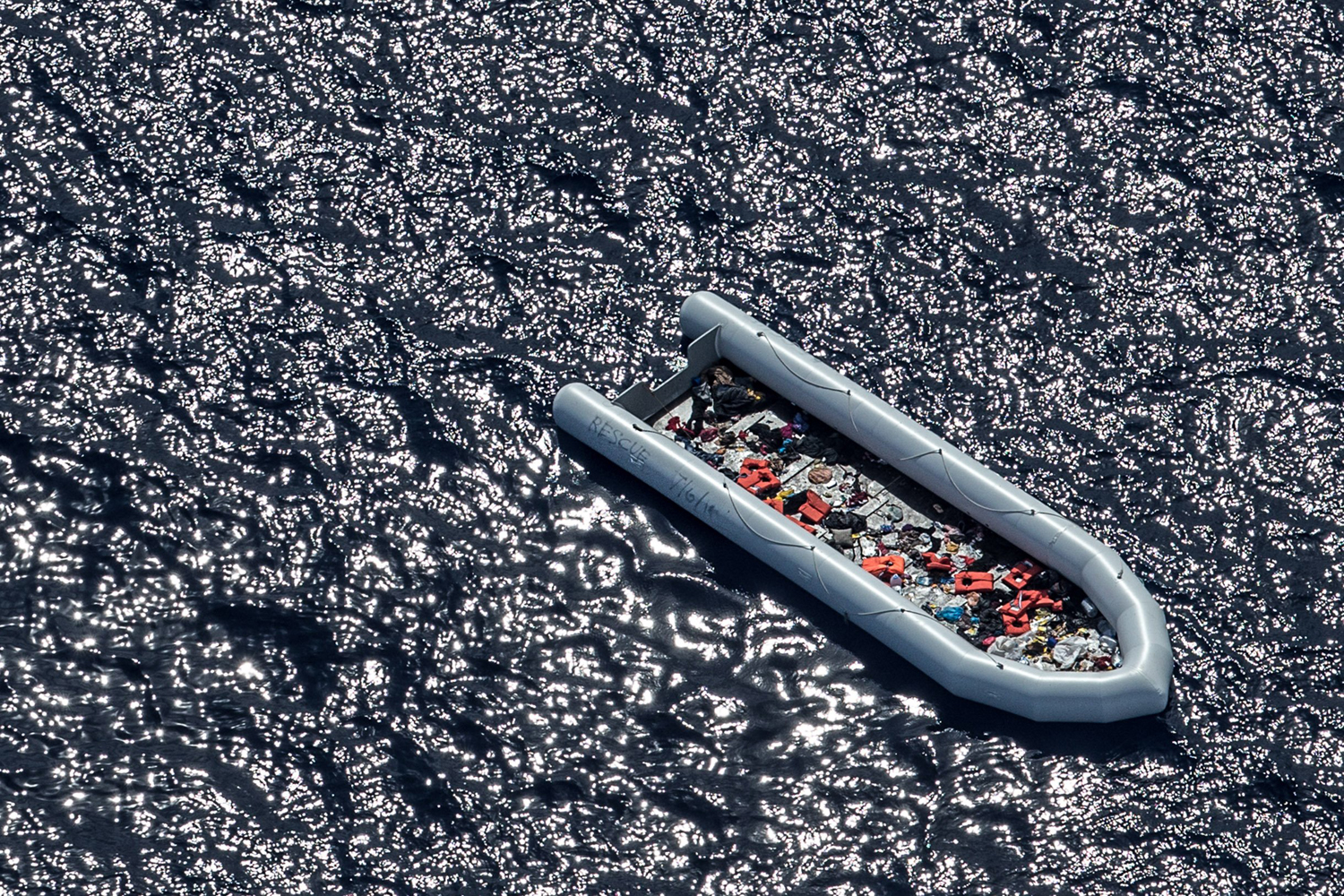
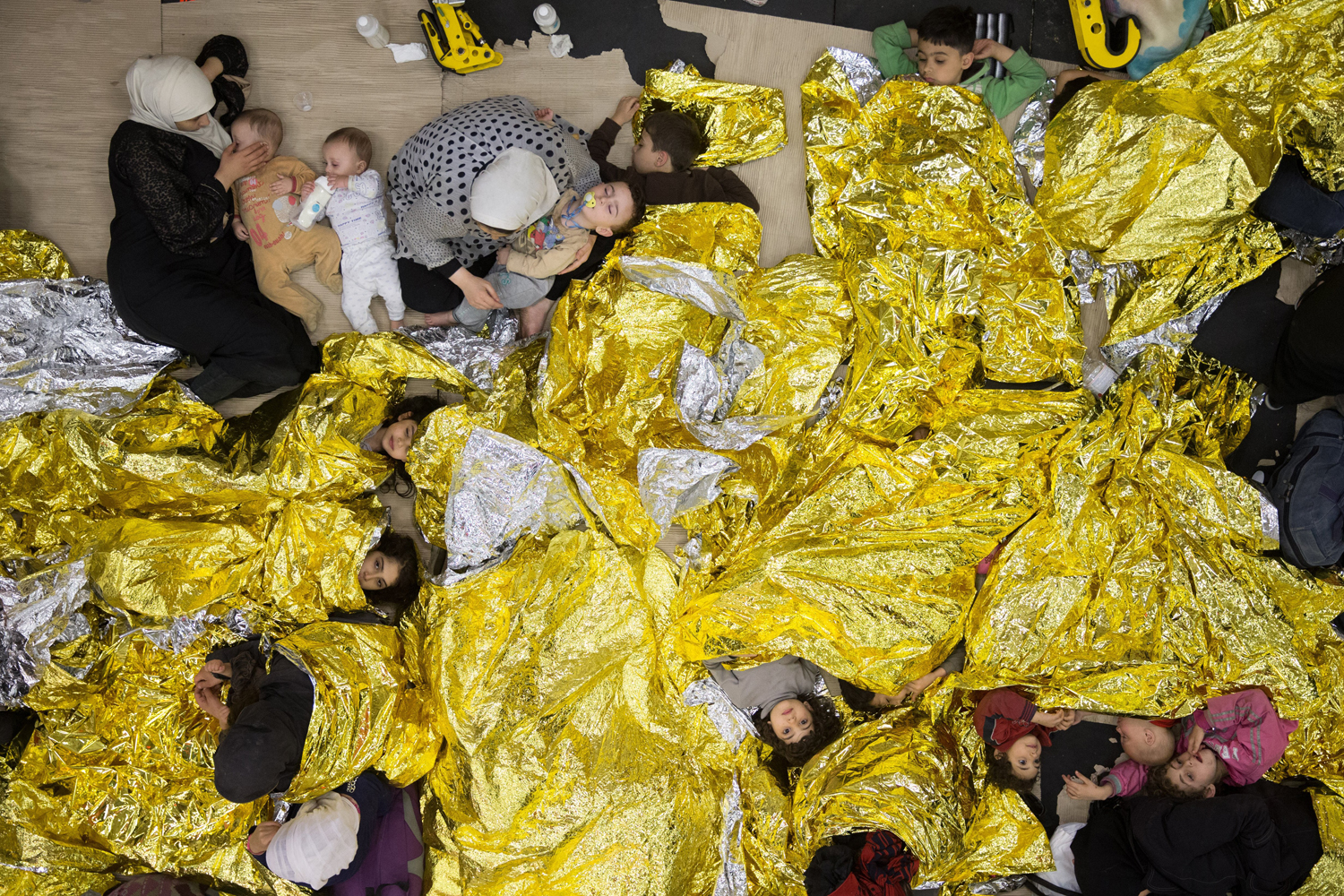
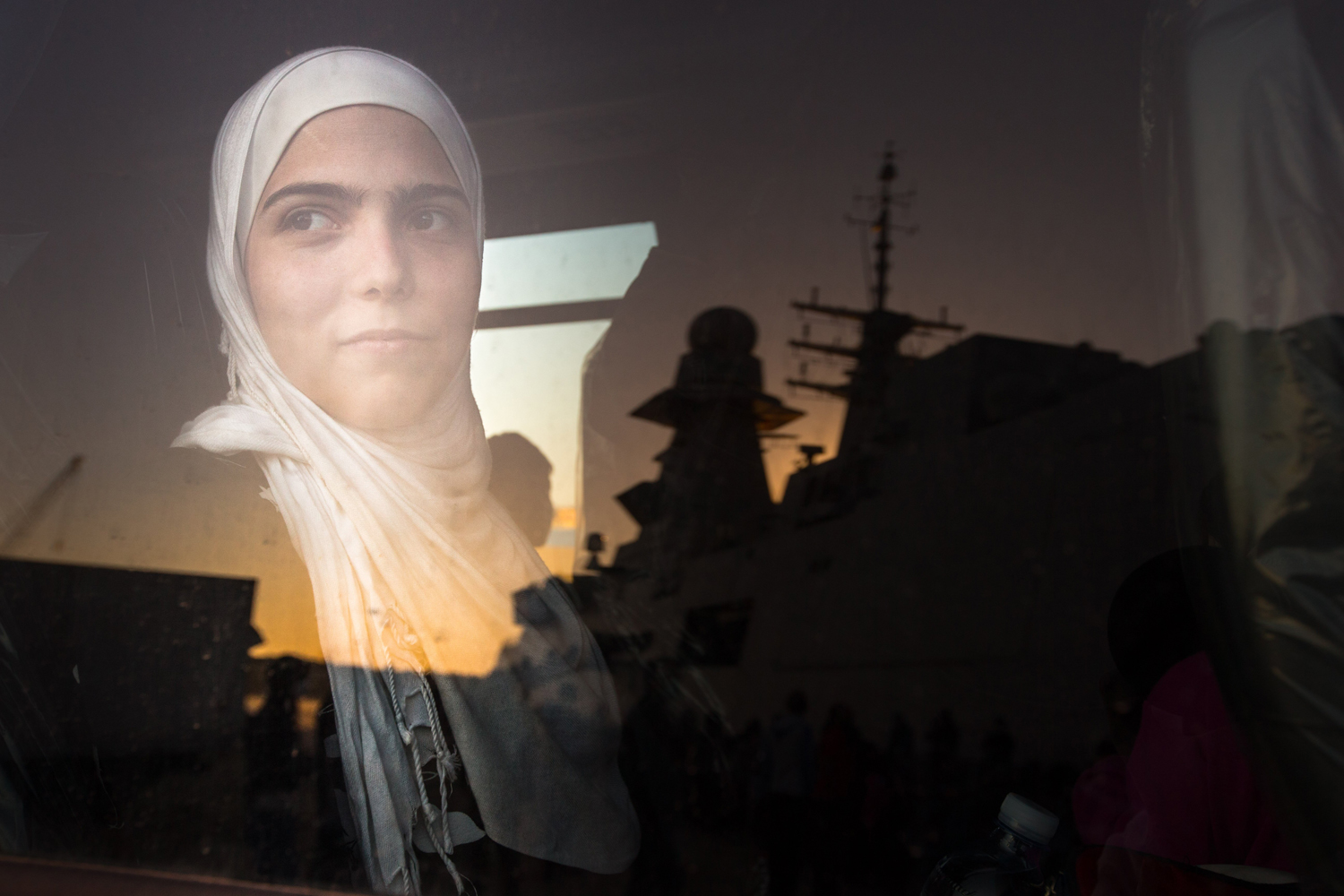

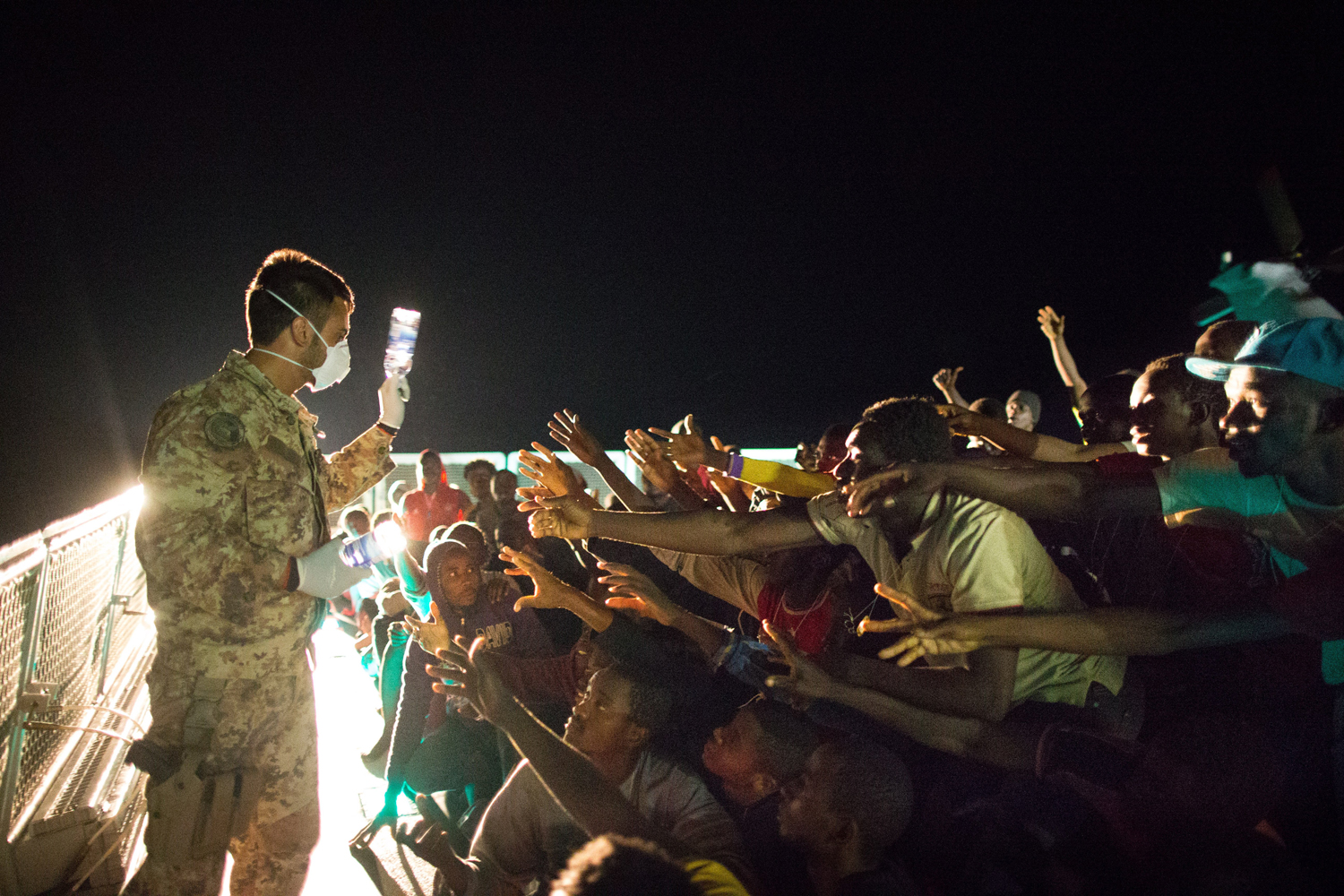
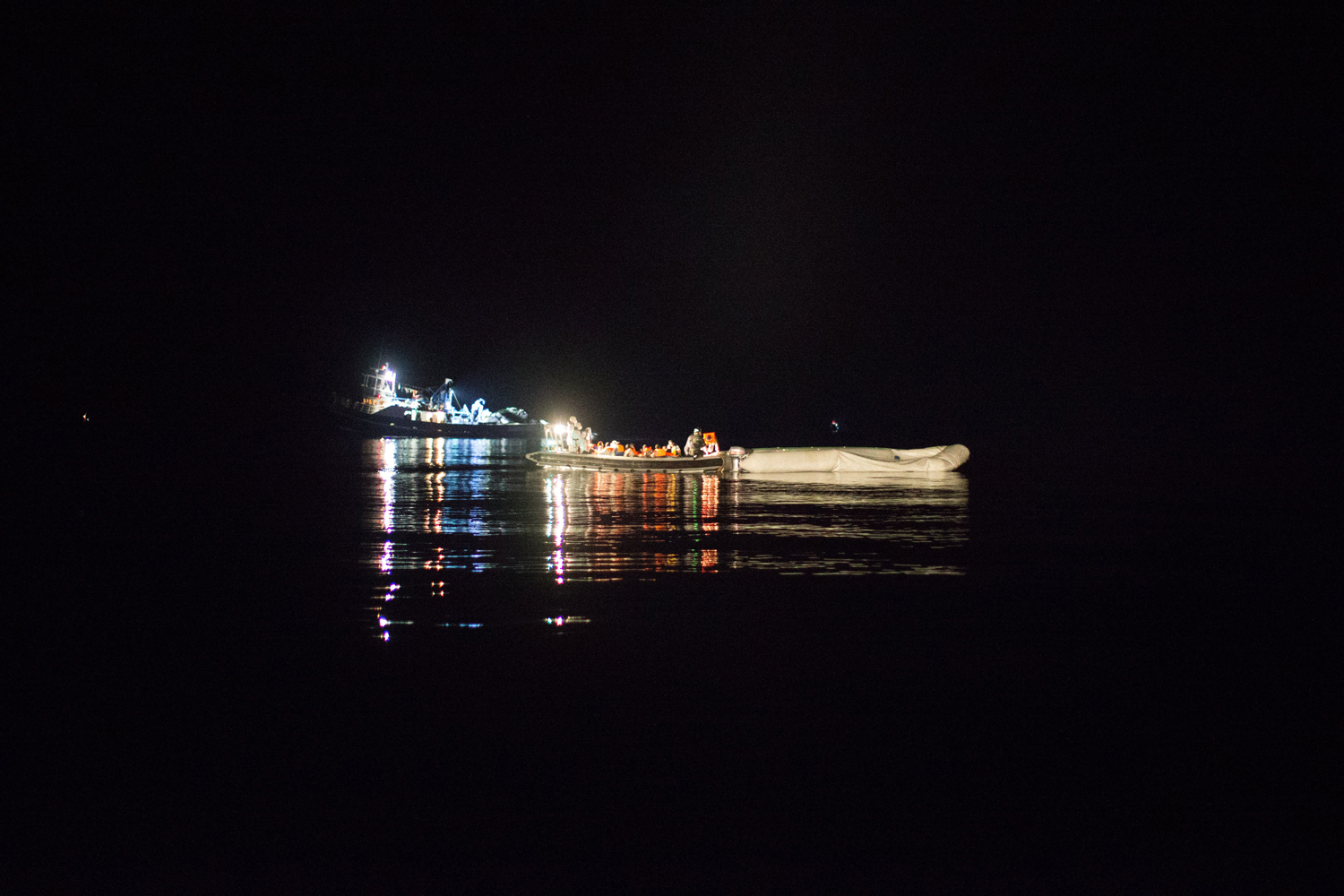
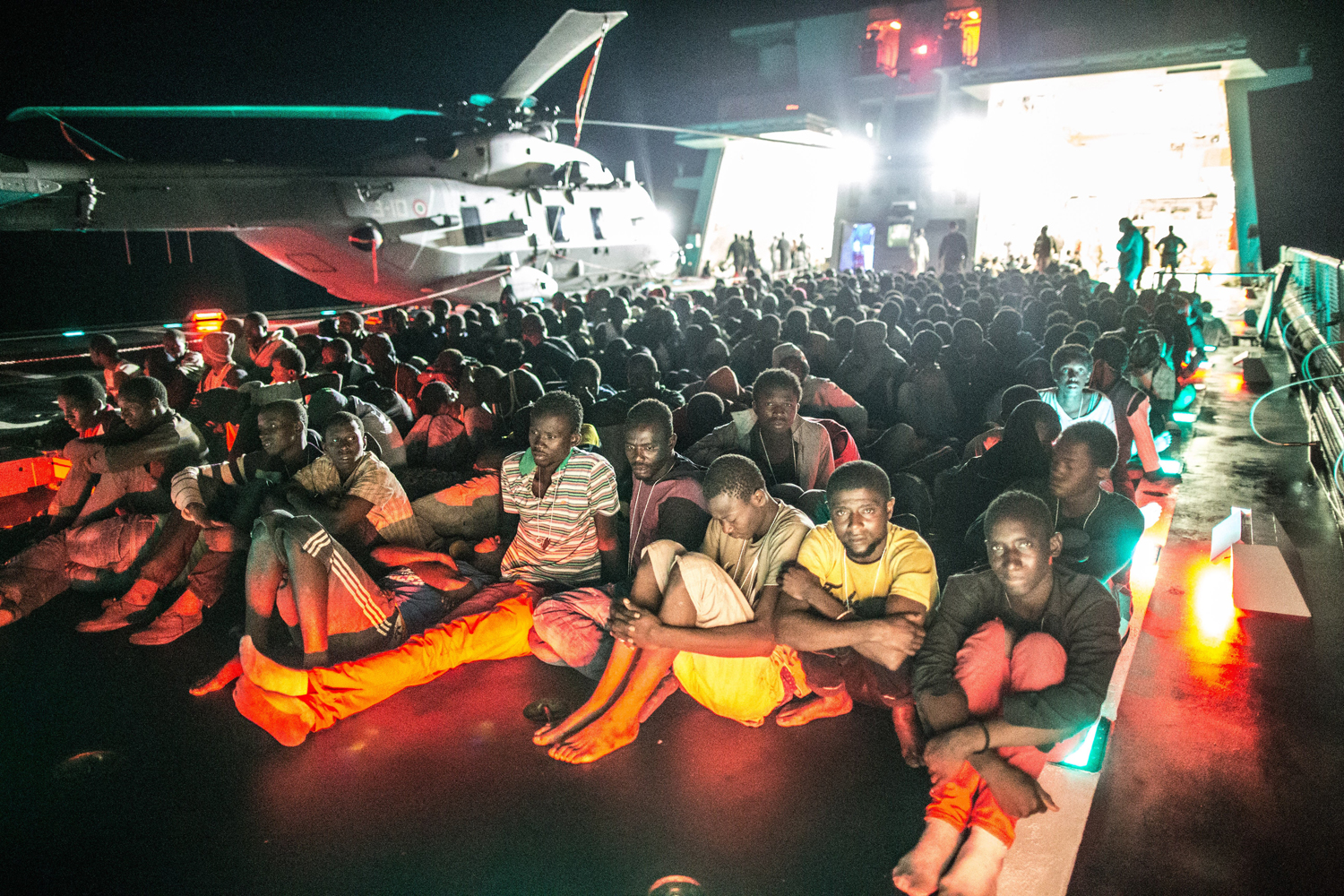
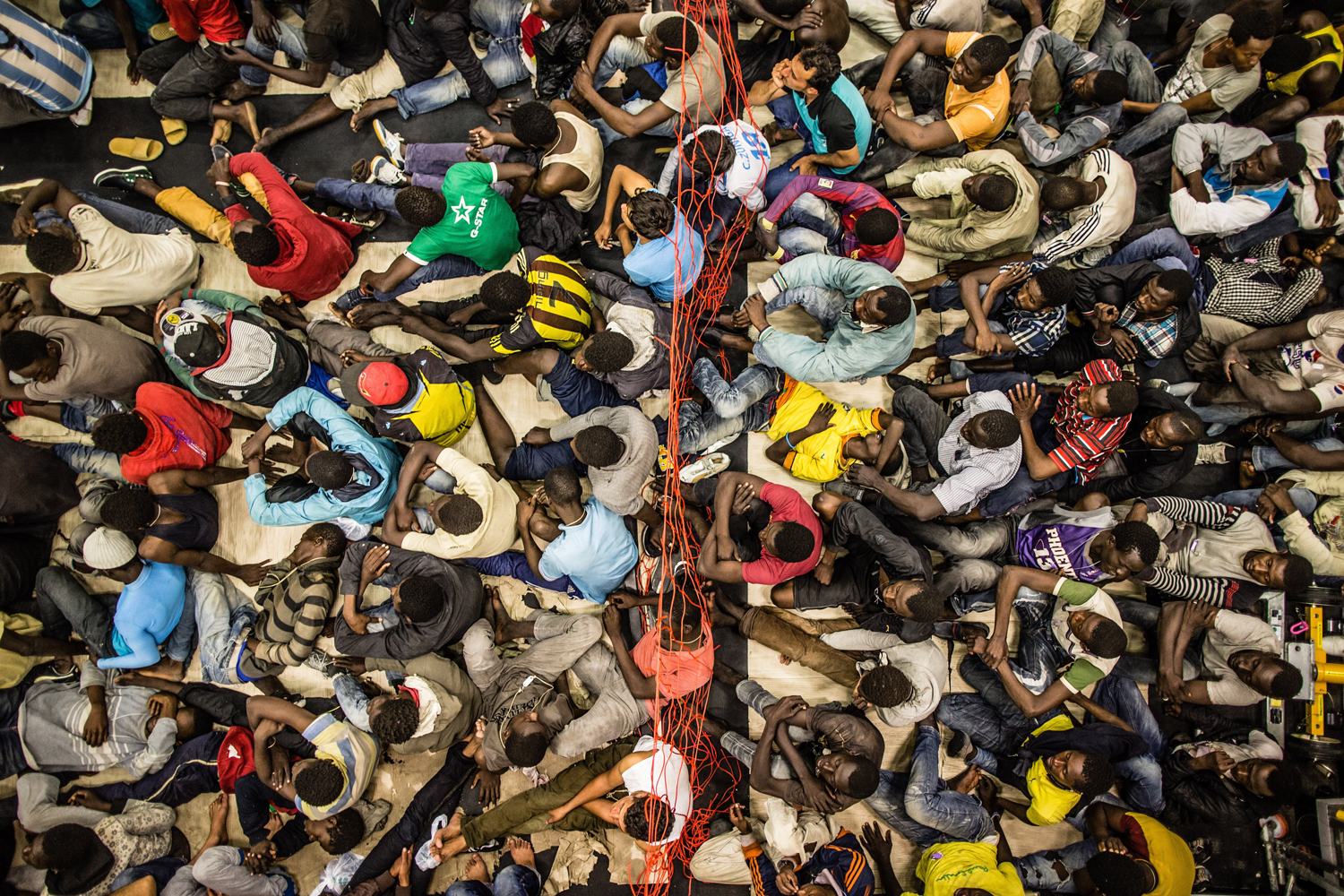
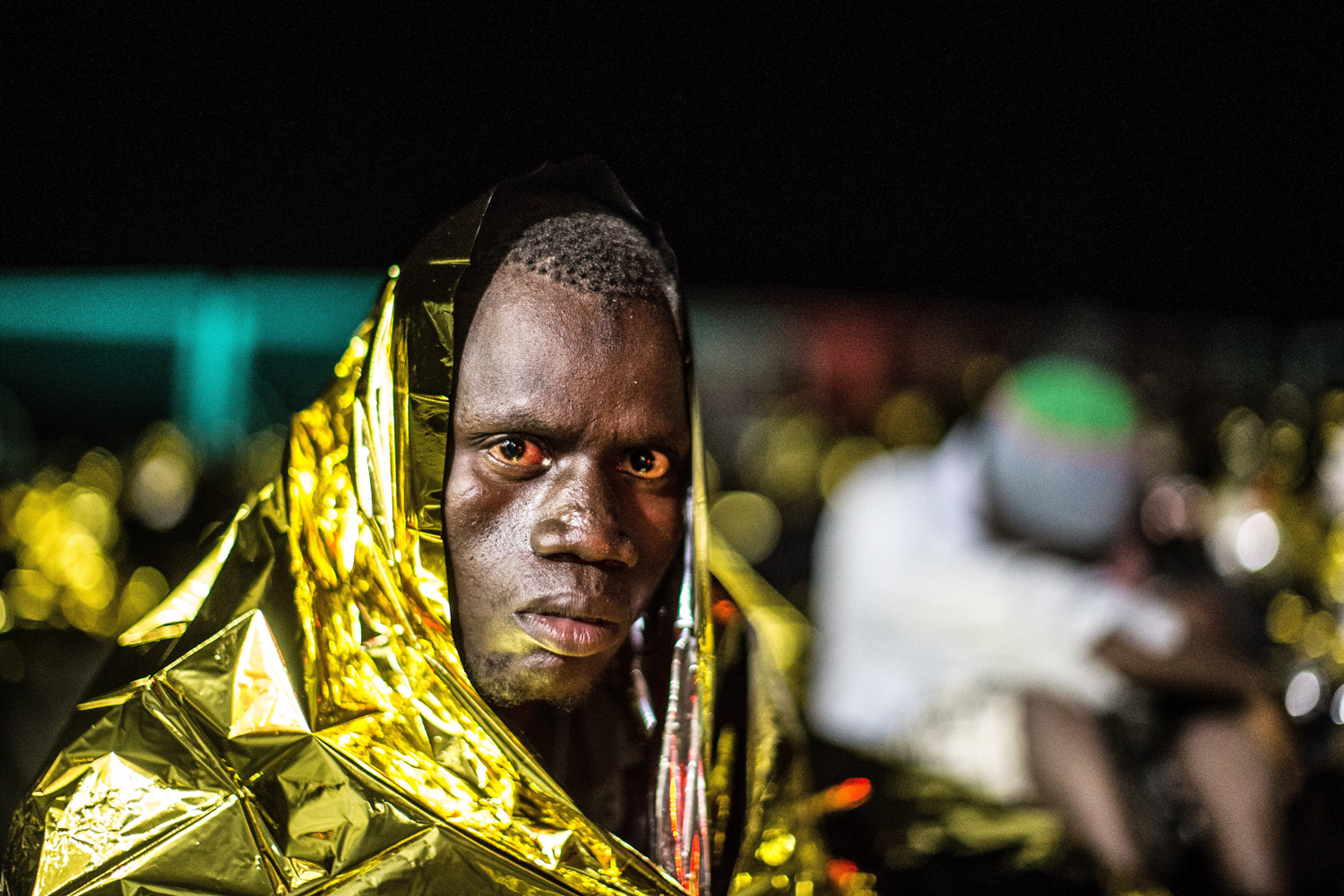
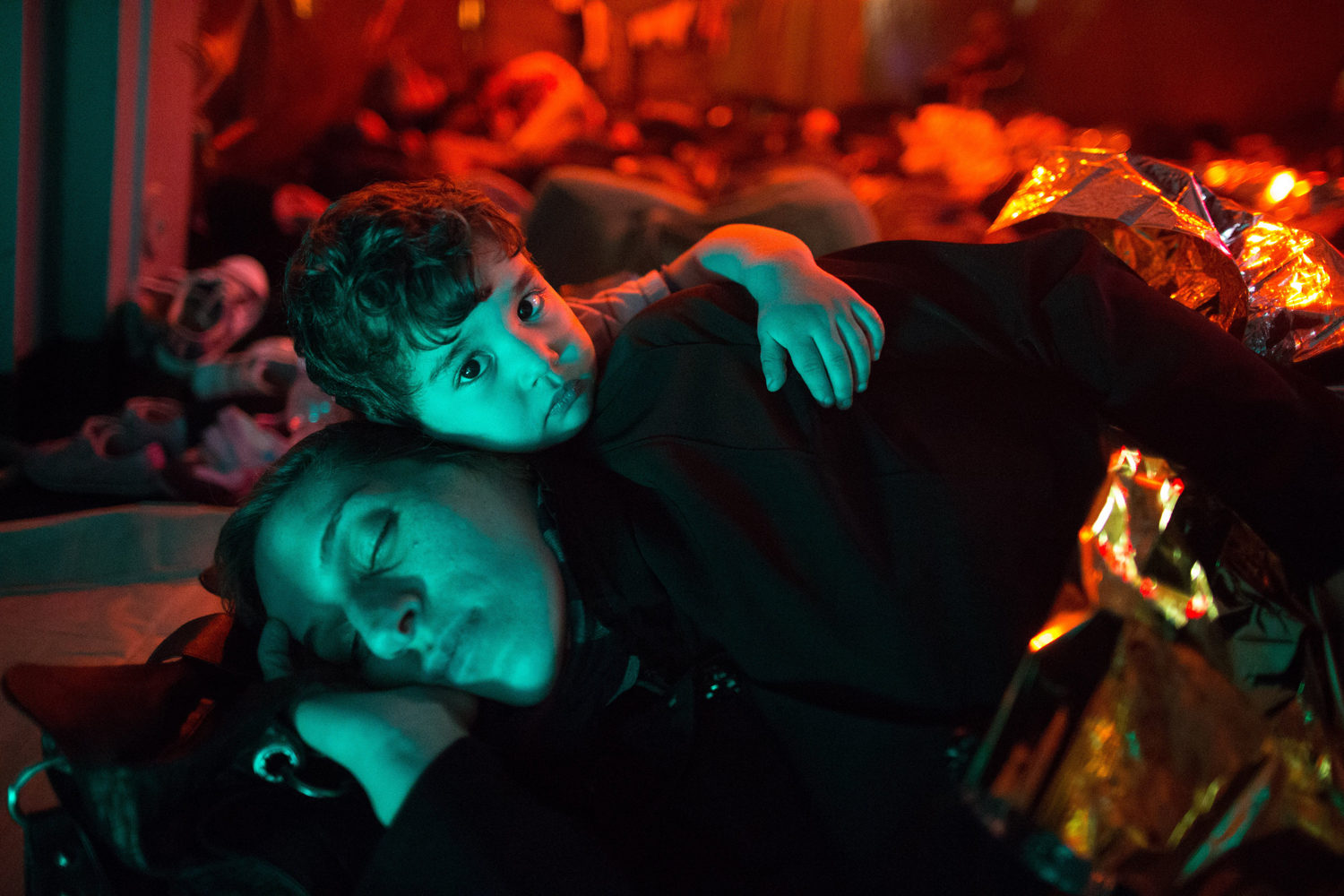
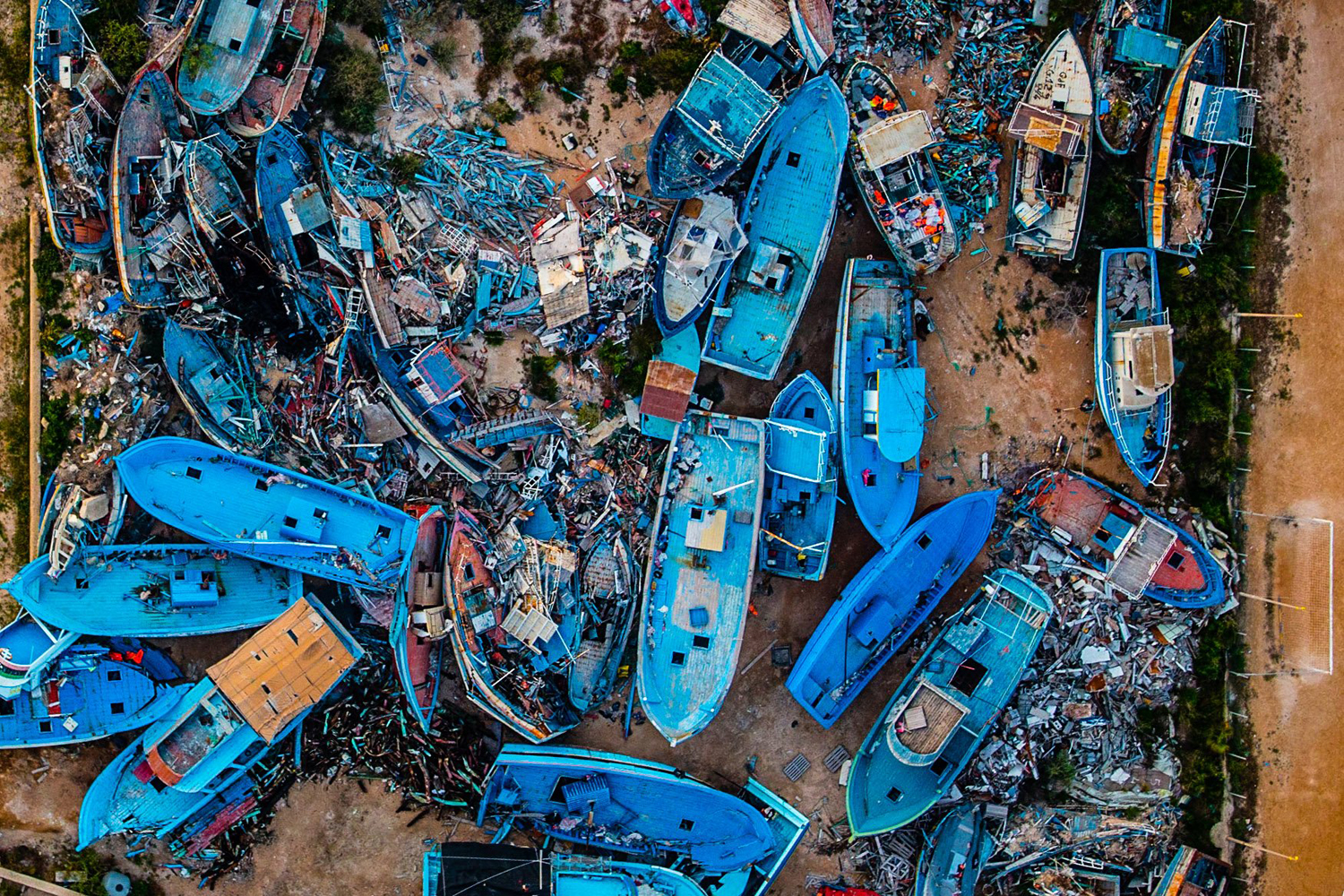
More Must-Reads from TIME
- Cybersecurity Experts Are Sounding the Alarm on DOGE
- Meet the 2025 Women of the Year
- The Harsh Truth About Disability Inclusion
- Why Do More Young Adults Have Cancer?
- Colman Domingo Leads With Radical Love
- How to Get Better at Doing Things Alone
- Michelle Zauner Stares Down the Darkness
Contact us at letters@time.com



